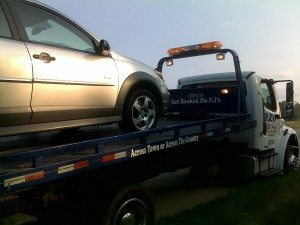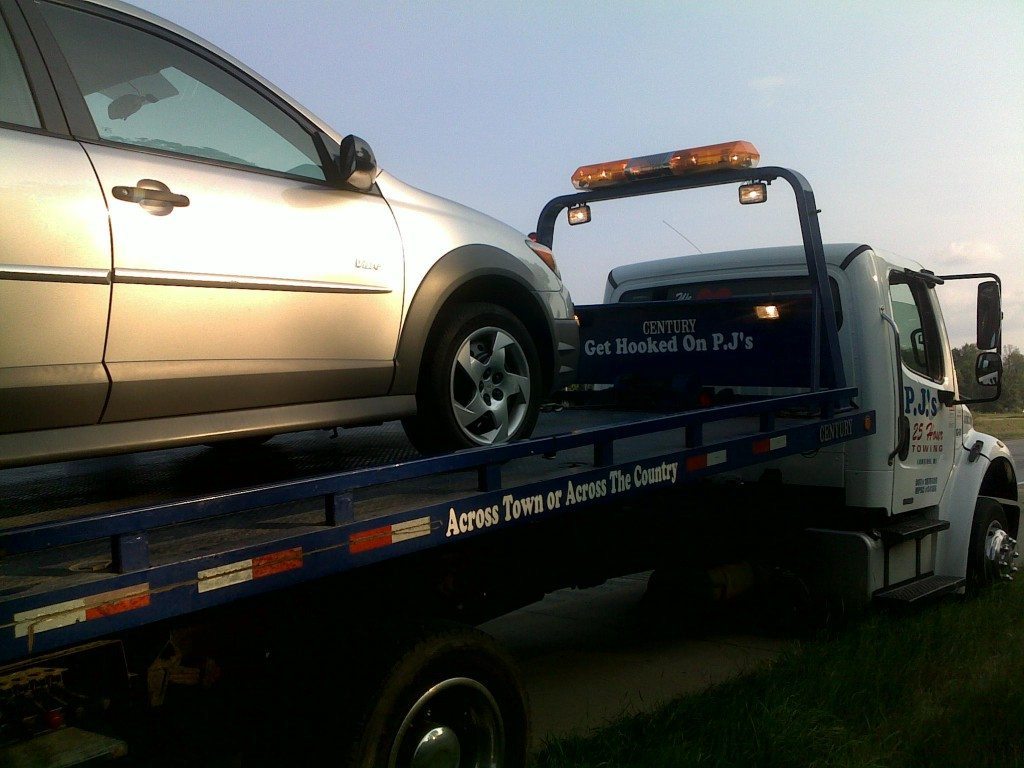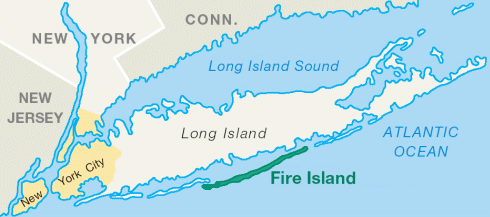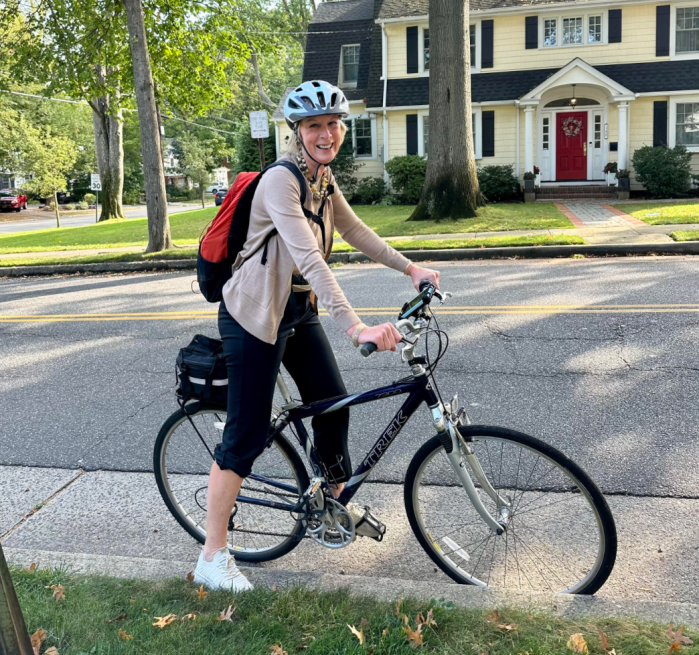
Summer’s scorching heat, high humidity, heavy rain, dust, and stop-and-go traffic take a toll on your vehicle. New Yorkers can help to reduce the odds of mechanical failure by taking a few simple preventative measures to keep on rollin’ down the highway instead of being stranded beside it. As always, it’s important to know your limits and consult a professional as needed.
Air Conditioning
• Before your air conditioning quits cooling, inspect the system for a worn or damaged belt.
• Inspect the condenser fins to be sure they are clear of debris so air can move freely around them.
• Have a professional check your refrigerant level.
Cooling System
The greatest cause of summer breakdowns is overheating. Overheating can be serious and may result in permanent engine damage.
• Check the radiator and hoses for leaks or cracks and be sure all the connections are snug.
• Check the coolant level. If low, add coolant (antifreeze) as necessary. To avoid burns from coolant spray, never remove the radiator or coolant reservoir cap until the engine has cooled completely.
• Check your vehicle’s radiator cap for cracks at the start of the summer driving season.
• The rubber gasket can crack, deform, become damaged or simply hardened.
• Check the cap’s metal spring for weakness that may occur over time (most experts advise replacing a radiator cap that is more than five years old).
Engine Performance
• Don’t forget to check the gas cap. The gas cap is a critical component of your vehicle’s emission control system, and if it isn’t airtight it may trigger “check engine” or “emissions service” lights on your dashboard.
• Check the gasket around gas cap every time you fill up for cracks or damage, and replace the cap if damaged.
Belts and Hoses
Summer’s heat and humidity will worsen the condition of deteriorating belts and hoses. Hose or belt failure could result in a breakdown.
• Visually inspect belts and hoses for excessive wear or damage including cracks, fraying, leakage or swelling.
• Check hose clamps and retighten as necessary.
Tires
• If you used winter tires, now is the time to change over to your summer tires.
• Have your tires rotated at approximately 5,000 mile intervals or as recommended in your owner’s manual.
• Summer heat will cause the air in your tires expand, so check tire pressure at least monthly while the tires are cold and adjust the pressure. Be sure to check the spare tire as well.
Brakes
Hot weather can increase the temperature of your braking system, causing brake pads to wear more quickly. If the pads wear through, brake rotors may be severely damaged. The parts and labor cost to replace worn pads is much less expensive than brake rotors.
Christina Kelly is a communications consultant for the New York region of Allstate Insurance Company.


































